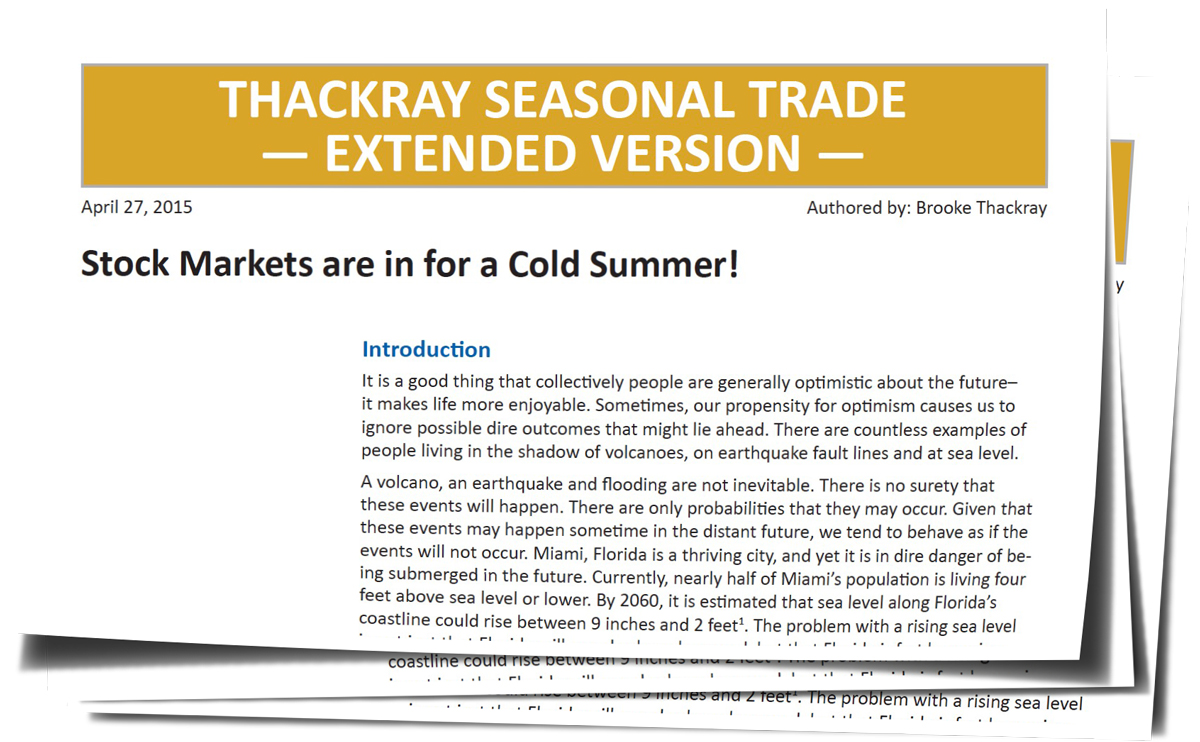by Ben Carlson, A Wealth of Common Sense
Jason Zweig’s weekend column in the Wall Street Journal touched on an important issue that’s doesn’t get enough attention in the fund industry — closing a fund that has become too large to outperform. There’s a difficult trade-off between managing for outperformance and gathering assets (and fees) because at a certain point most strategies can’t scale any longer.
I thought Zweig’s conclusion brought up another issue for financial firms to consider:
…they [portfolio managers] had better start valuing the investors they already have more highly than the ones they are trying to get.
Along these same lines there was an interesting datapoint this week about the new robo-advisor offering from Charles Schwab has seen impressive growth in the short time since they launched the service (courtesy of RIABiz):
The San Francisco-based broker-dealer launched Schwab Intelligent Portfolios on March 12 and it already has $1.5 billion of assets gathered, according to Schwab’s call with analysts yesterday regarding the firm’s first-quarter results.
Here’s the kicker — only 20% of these assets are new to the firm. That means 80% of the money came from existing clients. Schwab had an entire subset of clients that they were able to offer a more efficient way to manage their portfolios. I think it’s great that technology is making this possible for these types of clients (the average balance is $80,000).
I learned early on in my career about the importance of paying attention to your current clients. My first boss in this business created a very successful private institutional investment consulting firm that required zero sales or marketing. Every new client came through referrals or word of mouth. He understood the benefits of going above and beyond for his current client base and allowed those actions to speak for themselves. Because of an exclusive focus on existing clients he was able to grow the business on his own terms, something that always stuck with me. Surprisingly, this is something of a novel concept in the world of money management.
There’s nothing wrong with sales and marketing. You have to start somewhere to grow a business, asset base or number of clients. Not every firm has the luxury of sitting around and waiting for people come to them. But I’ve seen far too many instances of financial organizations that are more interested in closing the deal and gaining assets than taking care of their clients once they’re already on board.
Here are a few tactics I’ve seen over the years along these lines:
- Opening a closed fund just after a string of outperformance.
- Spending way more time fund-raising than managing current assets under management.
- Not having an understanding of the scale of a particular strategy or market opportunity.
- Making unrealistic promises and guarantees to close a deal and land new clients.
- Ignoring certain clients because they have fewer assets in a fund.
- Continuing to raise capital from investors when a fund is in trouble and going under (I saw this multiple times during the financial crisis).
The blame for these transgressions can’t fall squarely on the portfolio managers and fund firms though. Investors and clients always have to do their own due diligence and understand what they’re getting themselves into. But I think both sides of the relationship would be better off if more financial service businesses were to focus first and foremost on taking better care of their current clientele.
Sources:
Funds: Knowing When Enough is Enough (WSJ)
Schwab Grabs Astounding $1.5 Billion of Robo Asset in Six Weeks But Mostly From Itself (RIABiz)
Further Reading:
Size is the Enemy of Performance
Yes, Size Matters
Subscribe to receive email updates and my monthly newsletter by clicking here.
Follow me on Twitter: @awealthofcs
Copyright © A Wealth of Common Sense











